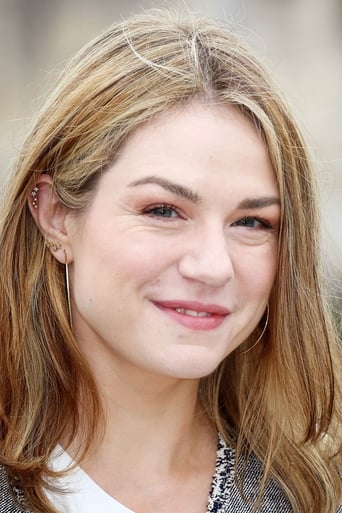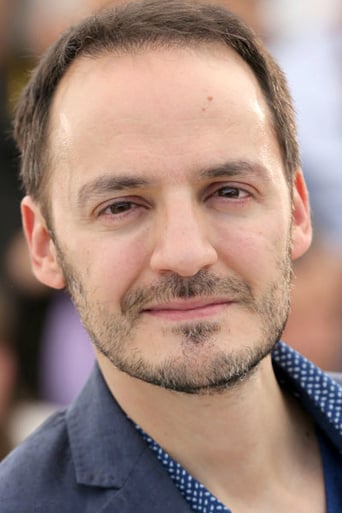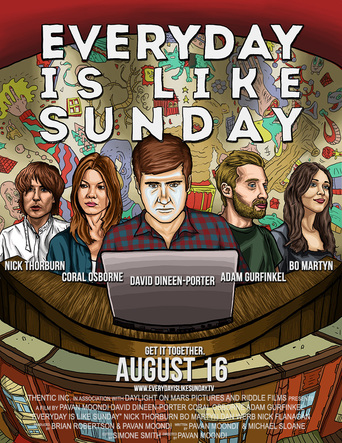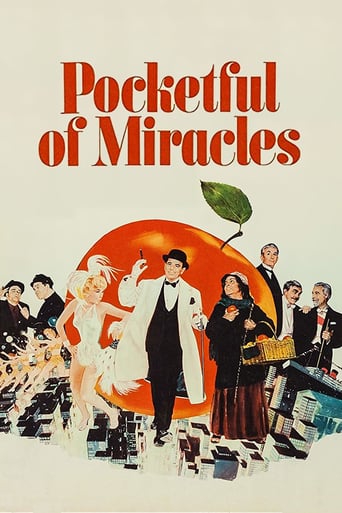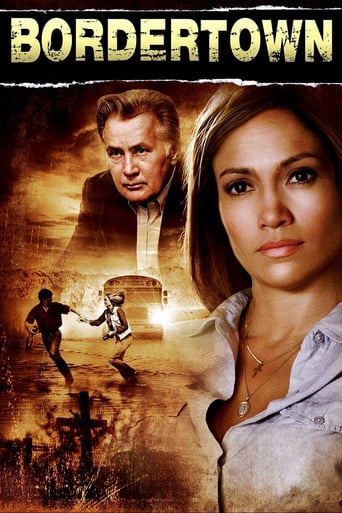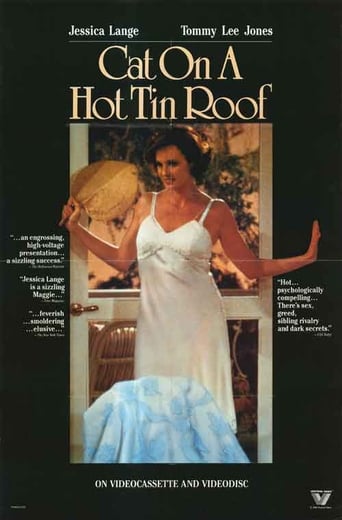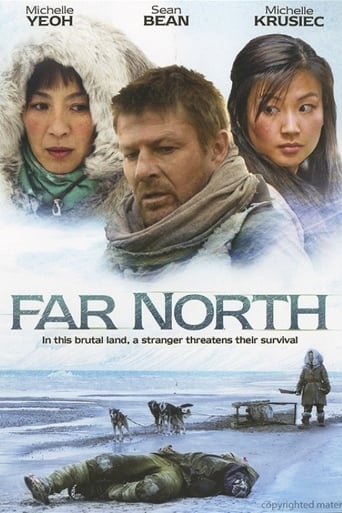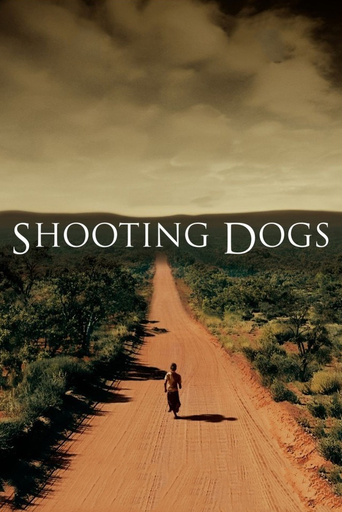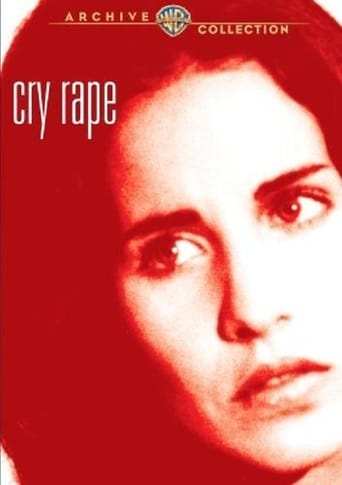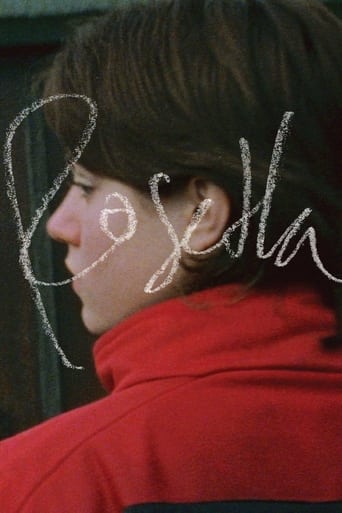
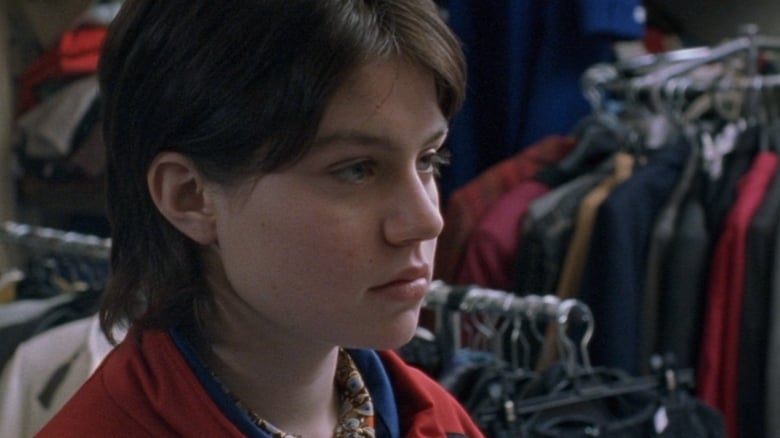
Rosetta (1999)
Young, impulsive Rosetta lives a hard and stressful life as she struggles to support herself and her alcoholic mother. Refusing all charity, she is desperate to maintain a dignified job.
Watch Trailer
Cast
Similar titles
Reviews
Fresh and Exciting
Absolutely the worst movie.
As somebody who had not heard any of this before, it became a curious phenomenon to sit and watch a film and slowly have the realities begin to click into place.
One of the film's great tricks is that, for a time, you think it will go down a rabbit hole of unrealistic glorification.
The camera shakes (almost) all the time, making it really difficult for my eyes. It's a "technique". I had to look away from the screen, from time to time, as I became worried my eyes, which had problems, could be physically damaged.The lens, shaking all the time, is long and stays extremely close to the subject, so that most of the time, you can only see a small area of the body of the actress (or of the other two actors). In other words, most of the time the whole screen is filled with the details of one side of the face of the actress, or a part of her shoulder, or another part of her body. I am finally able to see what the actress appears like as a whole, after struggling for 15 minutes.Want to have a look at the neighborhood where she lives? No way.....
To say that Emilie Dequenne. the young actress playing Rosetta - and who won the Golden Palm at Cannes for her efforts here, is 'plucky', would sound patronising, to say the least.This is structured documentary film-making at its most urgent - and poignant. The premise for most could hardly be less appealing - an independent film, filmed at a moderately sized Belgian industrial town, with an actress who wears no make-up (yes, the odd pimple, too) has an alcoholic mother who gets more booze by offering herself for sex and they both 'inhabit' a tiny, leaky caravan on a caravan park.By plucky, I mean that Rosetta is almost always running - from someone, after someone - including her own mother - to a job, from a job. When not doing that, she gets thrown in a lake (by same person as above), catching fish in said very muddy lake, using a broken glass jar. She is always trying to either get work, keep her job or survive, somehow.This all sounds quite frantic - and it is, when the hand-held camera follows her, is glued to her, almost, as she goes past so close, she briefly goes out of focus. But often, it is meditative, thought- provoking and downright very ordinary. Which, oddly, is extremely compelling, never more so during the gaps in dialogue.Underneath this hardened facade - she only swears and fights when really pressed, then she's like a terrier dog - we hope to see a normal young lady, who can do things that she enjoys. We only see this once, when the young man at the new waffle-van where she finally gets a casual job, takes her after the first day, back to his, for food and playing of some music.If this is SO mundanely glum, why am I watching it for the second time? Well, my Halliwells Film Guide (bible, to me) rated it highly and I got a copy cheap as a Korean import and secondly, you just know that there is a message here. Not necessarily a very important one, but one that we need to reminded of, when we all (and our Governments) continually moan about the youth of today and how they never want to work - and about caring for those unable to care for themselves.It's also very sobering (definitely no pun intended) and one with an ending that you'll remember.
One time Palme d'Or winner, now forgotten, the Dardenne brothers' "Rosetta" stars Emilie Dequenne as Rosetta, a teenage girl trying to escape an alcoholic mother, her decaying trailer park (ironically titled "Grand Canyon", an abyss which sucks in an entire underclass) and her apparently dead-end existence. The film recalls Robert Bresson's "Mouchette", but is shot with fierce, angry hand-held camera work, which mirrors Rosetta's own bottled up rage and desperation. One passage, in which the seventeen year old Rosetta is virtually exploited by a company for cheap labour, led to Belgium changing several laws, banning employers from paying teenage workers less than the minimum wage. It's a tiny, condescending, almost insignificant real-life gesture, but the kind of little gestures which keep today's Rosettas alive nevertheless.The film isn't only about Rosetta's daily struggles for survival, but the blind eyed turned toward an entire stratum of society. Rosetta is a member of a socio-economic class which the world refuses to deal with, let alone acknowledge. Like a disease, she finds herself being pushed further and further out."Rosetta" is heavily influenced by Bresson's "Mouchette", another film which revolved around a marginalised girl who cares for a burdensome mother. And like Bresson, the Dardennes focus on their heroine's own private rituals: the taking off of muddy boots, the scrounging for and preparing of food, the tending to an alcoholic mother etc. And all the while, Rosetta's plotting: how do I escape this? What future will I be allowed? At the end of "Mouchette", Bresson's heroine seemed to resort to suicide, rolling into a muddy pond. The pond features in "Rosetta" as well, though here it is both a source of life and death. Rosetta goes to it for fish, for food, for escape, while later, when a friend falls inside it, she initially refuses to save him. After-all, with him dead, she can inherit his business and perhaps make some money. It is in her best interest to ignore him, to discard his body and turn away as society does to her. But of course she doesn't. She fishes him out. Unlike the world, she views him, if only for a moment, as a kindred spirit rather than a competitor.Still, suicide factors into "Rosetta" as well, for our hero does eventually regard it as her only mode of escape. Ironically, like Bresson's "The Devil Probably", she must pay for her own suicide. Even her death has been commodified. In this way, the film not only exposes the indifference of contemporary capitalism, in which economic disparities grow by the day, in which class has become a bigger distinction than nationality, language, religion etc, but highlights a certain impossibility of morality. Rosetta saves a life, but in doing so may have destroyed her own future.8/10 – Not as aesthetically strong as similar modern movies in its field ("Wendy and Lucy", "Mouchette", "Land of Plenty" etc), or the Italian neo-realist, British kitchen-sink and French new-wave films which inspire it. Worth one viewing.
It really is a shame there is no decent distribution for this film in the US. Rosetta is a film that deserves one. Rosetta is a poor girl fighting against the circumstances of her life. She fights a futile effort to keep a job to make a steady wage to be able to move out of the trailer park where she is stuck with her alcoholic mother. Being a teenager she gets a lower wage and does not get to work a job long enough to get unemployment or has not been unemployed long enough to get hired long term. She wants a normal life so badly but something seems to happen to get in the way. I could not help but draw many parallels to Robert Bresson's film Mouchette which is also about a girl living a tragic life. Unlike Mouchette though Rosetta is trying to do something about it and will fight the world if needed. There is a very touching scene where Rosetta gives herself a pep talk before going to sleep. She has a normal job, a friend and a normal life and she will not falter. Like always though circumstances are working against her.The Dardenne brothers shot this film with hand held cameras and you can tell with the way it moves and sways as it tries to keep up with Rosetta who is constantly moving. It almost seems if she stands still for too long she will be stuck in her impossible situation forever. The Dardenne brothers as always do a great job of shooting the film with natural lighting in long takes often following the character almost if she is an animal in the wild and if they get too close she will run away. All throughout the film Rosetta suffers from sudden and extreme cases of stomach pain. This pain is never given a cause but the amount of different probable reasons that she might have this pain shows just further displays the challenges Rosetta must face. She uses a hair dryer on her stomach to ease the pain and the viewer cannot help but feel that this might just be a replacement for the human warmth Rosetta does not have in her life. Emilie Dequenne gives a subtle yet powerful performance of this woman who is in a desperate struggle against the hand she was dealt in this life.
